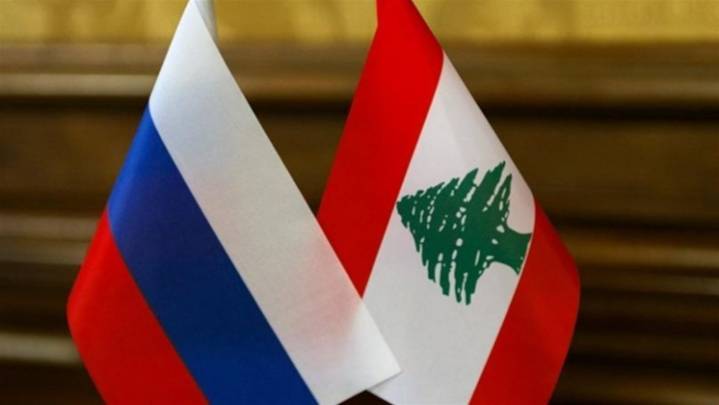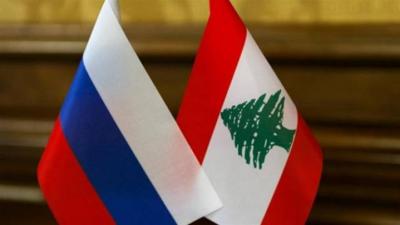After a series of repeated "Lebanese antics," Moscow has apparently decided to adopt a new approach in dealing with its "Lebanese friends," ending the "grace period" in favor of the principle of reciprocity, indicating Russian annoyance with Lebanese performance. While sources close to Moscow deny that the latter intends to "discipline the Lebanese state or impose a guardianship over its decisions," they confirm that "Russia does not rely on such methods," but acknowledge that they "are reorganizing their policies with countries according to their interests."
For many years, the Russians overlooked "Lebanese faults" out of understanding for Lebanese sensitivities toward American pressures... from the rejection of the "MiG deal" in 2008, through the promise made by President Saad Hariri in 2018 which was later retracted regarding the "military technical cooperation agreement," to the well-known statement from the foreign ministry condemning the "Russian invasion of Ukraine" with the outbreak of the war between the two countries. Therefore, it seems that the principle of dealing with Lebanon "piecemeal" will prevail in the coming phase, starting with the Russian-Chinese approach regarding the renewal of the mandate for the UNIFIL forces operating in southern Lebanon for an additional year. It is true that the lack of Russian objection to modifying the missions of these forces was linked to a malfunction and shortcoming on the part of Lebanon in coordinating with member states, for which the Lebanese representative to the United Nations is accountable. However, for the first time, Russia exercised a kind of "interpretation" that does not serve Lebanese interests, resembling a message that "the era of consideration has ended" and that dealings with any official Lebanese position will depend on what suits Moscow.
Despite this, sources confirm that Russia does not approach the Lebanese issue "dogmatically," and distinguishes between the political and humanitarian aspects. Therefore, matters related to humanitarian work and providing assistance to the Lebanese people, as well as the issue of the return of Syrian refugees to their homes and similar matters, are "issues that Moscow deals with a great deal of interest, irrespective of any political impact." They point out that the Russian government recently issued a preliminary approval for a "donation" of grains based on a request made by caretaker Prime Minister Najib Mikati last May, and this file is being followed up between Beirut and Moscow by the Russian Ambassador to Lebanon Alexander Rudakov and the Lebanese Ambassador in Moscow Shauqi Bou Nasar. Information confirms that the donation includes securing tons of wheat necessary for flour production, disbursed monthly, until the end of this year and is subject to renewal. Recently, additional quantities of grains have been added, part of which is supposed to be transferred to the Lebanese Army. However, the commencement of implementation is contingent upon detailed matters related to "Russian bureaucracy" and the speed of Lebanese follow-up, as well as agreement on quantities and mechanisms, taking into account certain measures and complications arising from the Ukrainian crisis.
The most important aspect is linked to discussions about Moscow's approval to supply Lebanon with quantities of petroleum derivatives (fuels). While sources in Moscow informed "Al-Akhbar" that the matter is under follow-up and no specifics regarding the nature or quantities of the derivatives have been defined yet, sources in Beirut revealed that "Moscow is in the process of supplying Lebanon with quantities of fuel oil necessary for electricity production," without knowing whether the Ministry of Energy has been officially informed of the contents of the "Russian donation."




